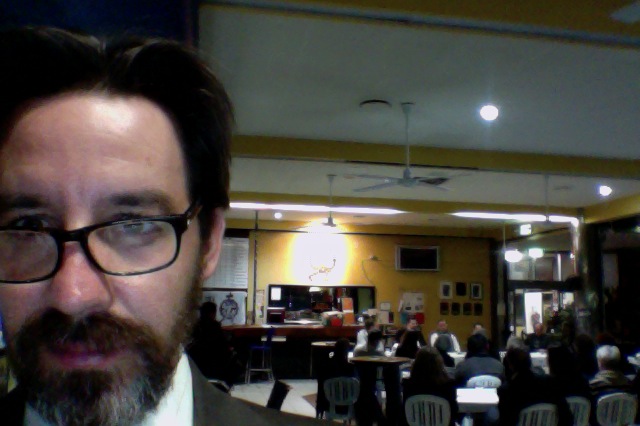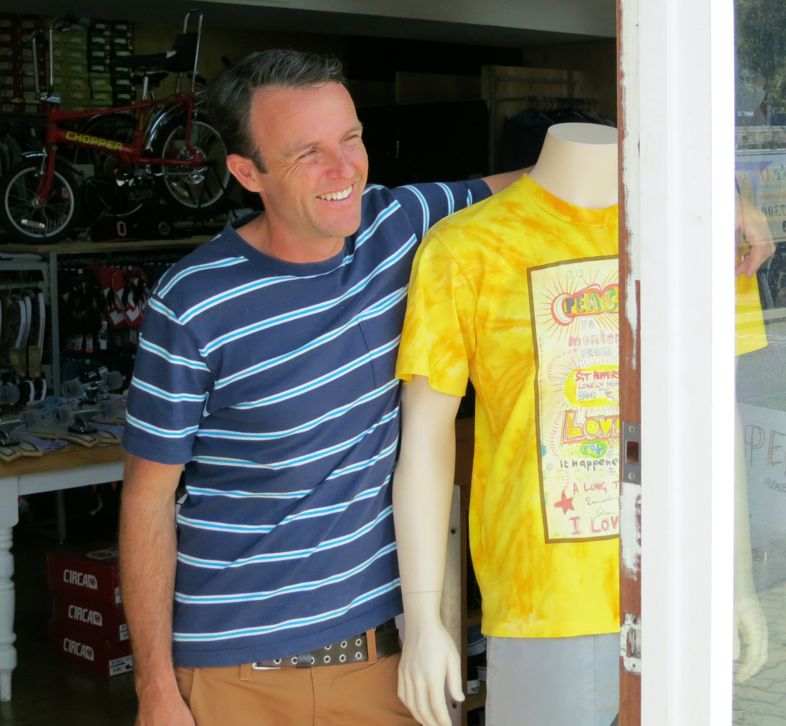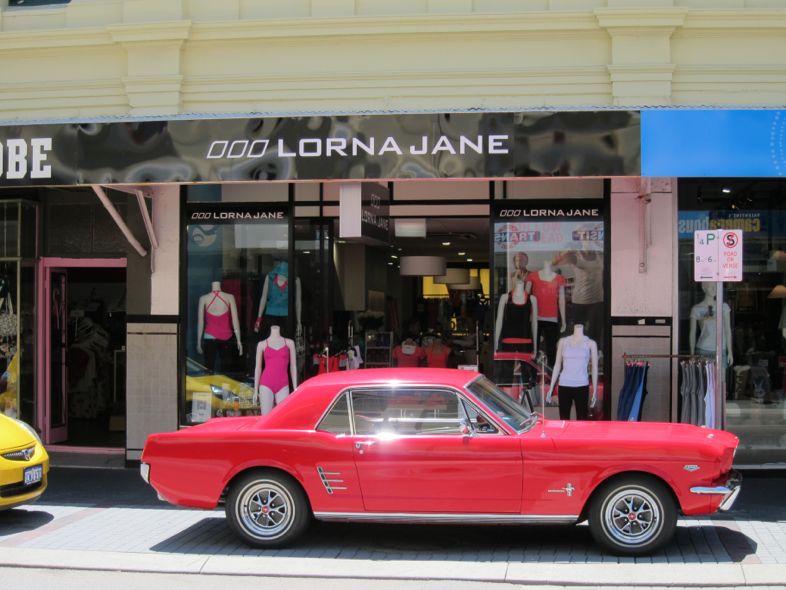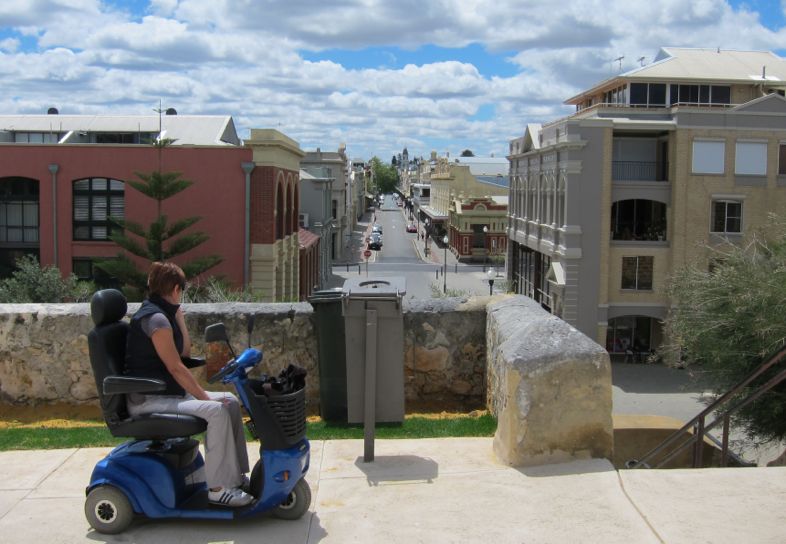I am at a councillor candidate debate for the inner city ward of Fremantle and I’m pleased to say that all of the opening questions from the floor are about:
- The city’s ‘decline as a centre for business and retail’
- How can we create, restore or bring in ‘vibrancy’ to the town centre
- And why do people put neatly wrapped nappies underneath their cars then drive away?
The answers from the candidates include having more festivals, giving the shops away for free and stabbing the landlords.
Principles, not ideas, please.
Festivals and free properties and murder are jolly good fun but they are temporary – and expensive.
This is what potential councillors should say to the electorate:
Question: “What are you going to do to revitalise businesses in High Street West End!?”
Answer: “Thank you. Please keep in mind that my position on council is as a member of a team. If the council agrees, as a whole, then we shall direct the City (the organisation) to put our strategies in to action. I bring this up because I am of no use to the community if my promises can never be realised, and I vow not to drag the electorate into a fight after the election because I misunderstood how local government works and I just need to save face. Showing off in the local paper about my ‘council issues’ puts the community and council into ‘stalemate’ which prevents the community from truly developing.”
“With that aside, and to answer the question more directly, this is what I would promote to my team, and I know that they’ll agree:”
- “The council, and the City, must acknowledge that it is the chief place manager in the town.”
- “It cannot pretend it has ‘nothing to do’ with local retailers. Whilst it is reasonable that the personal, financial circumstances of businesses are not the council’s responsibility, the council must appreciate that there is a virtuous cycle of: a) high quality places, b) high quality businesses, and c) high quality community participation, creativity and innovation.”
- “A good quality place manager – and that should be the local government – should create a bespoke management system, unique for its place, so all three elements of this cycle efficiently maintain the other. It is the c) high quality community participation, creativity and innovation which creates b) high quality businesses which create the c) high quality places.”
- “To get started, the council really needs to fund a person, or a team, who are experienced in retail and property management to facilitate the measurement and sustainable growth of the a) high quality places, b) high quality businesses, and c) high quality community participation, creativity and innovation.”
- “The council must also acknowledge that it may have systems in place which are repugnant to this cycle. Some of the council’s activity must include permissions-to-change internally and to ‘move out of the way’ so this virtuous cycle can be sown and harvested by the skilled representatives employed to do such a thing.”
“We should never have to complain that our place is not vibrant – and we don’t have to. The lack of so-called vibrancy in our towns and high streets is because local governments, I’m afraid to say, don’t manage them well. A well managed city must have a shopping-centre-style focus to reduce vacancies, attract the right businesses and have effective design management.”
“I would use my position on council to encourage my colleagues to appreciate and understand all of this.”
These are the outcomes we want. Principles, not ideas, please.

Above: Shhhh. Local community debate over ‘high streets’, retail, business attraction, vacancies and ‘vibrancy’. At the Fremantle Workers Social and Leisure Club, 9 Henry Street, Fremantle, Australia. “Don’t mention the skate park,” the moderator warned the candidates, “… a decided issue and candidates should not mislead the electorate that they can go onto council and reverse it”.



